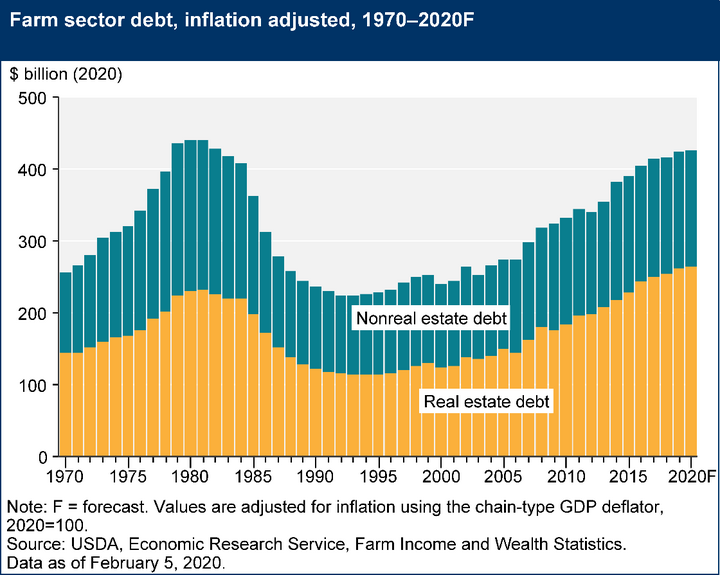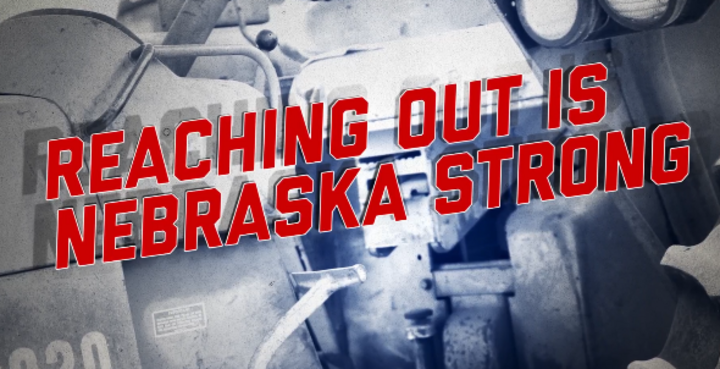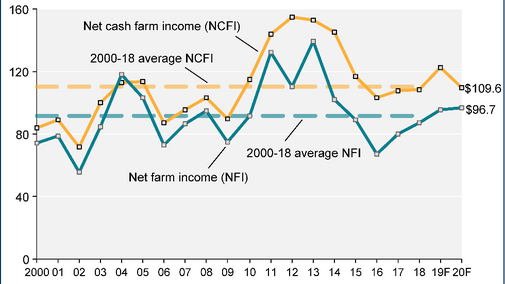Reaching Out is Nebraska Strong
Everyone confronts times of stress. Know that whatever challenges you have faced, you are not alone!
The 2019 weather conditions caused many agricultural producers to experience extremes leading to possible lingering and chronic stress, including financial stress. Many Nebraskans experienced the direct destruction of the March flood. Calving season was challenging with the blizzard that preceded the flood event. The July tunnel collapse in the Panhandle caused major irrigation outages at a critical production time, followed by significant hail events later in the growing season. The recovery period continues, and economic shocks for many still remain as the risk exposure remains the same. The additive factor of experiencing year over year financially devastating results in a substantial increase in farm stress. Thinking clearly requires a strategy to deal with the pressures being experienced in the agriculture industry.
If financial stress is inversely related to net farm income, then financial stress levels in agriculture have been climbing before the 2019 weather-related disasters. As a group, farmers have taken a hit to net income over the last five to six years (Chart 1).
In addition to volatile weather contributing to lower net farm incomes, other factors have added to the increase in stress, such as: lingering low commodity prices, trade battles and uncertainty for agricultural commodity exports, the African swine fever in China causing feed and export demand uncertainty, and overall mounting farm debt (Chart 2).


Perhaps one or more of the adverse weather events or agricultural economic factors has had a negative effect on your farm finances adding stress on you and your family. While we can’t control what Mother Nature hands us, we can take steps to work through financial challenges. This is especially true for being prepared for unforeseen financial challenges that we may experience this growing season. Suggestions for dealing with financial stress include:
- Reach out and utilize resources that can help you analyze your financial position and provide assistance in planning ahead with proactive decision-making. For example, in 2019, University of Nebraska – Lincoln Extension Educators in agricultural economics began offering two new programs to assist with farm and ranch financial planning and education, including:
- Know Your Numbers, Know Your Options, a four-part course to help farmers and ranchers understand their current financial position and how decisions like new purchases, lease changes, and/or production changes can affect their bottom line.
- Nebraska Strong Financial Services, an agricultural economics and extension program, offers farm financial analysis with tools to utilize existing data to assist producers in improved decision-making and operational management. Producers work one-on-one with a financial specialist to assess their current financial situation leading to cash flow and longer range financial planning.
- Don’t rush decisions, make use of the decision aids that are available to you. Keep in mind that working through some of the financial stressors can take time.
- Seek advice from those who you know have faced similar situations and/or visit with professionals who can share and counsel you on how others successfully worked through financial difficulties.
- Keep open lines of communication with those who care and need to know about your farm’s financial situation. Don’t isolate yourself and keep financial woes and potential stress all to yourself.
- Take some time to revisit your goals and set new ones if needed. Utilize SMART goal setting that includes making your goals Specific, Measurable, Achievable, Realistic, and Time-Based. Involve integral family members in discussing and setting new goals together.
Financial downturns and instability, along with the other factors in agriculture that can cause stress, should not be ignored. If stress becomes chronic, it can adversely affect our physical well-being, thoughts, and actions. Taking steps to balance physical and mental wellness is vital to staying healthy and less accident-prone.
Reaching Out is Nebraska Strong. Learning to recognize your stressors and how to manage stress can help you personally and those around you. If you recognize someone in distress, use a caring approach in listening to them, and then connect them to resources. Keep the Rural Response Hotline number (1-800-464-0258) and the Suicide Prevention Hotline number (1-800-273-8255) in your phone contacts.
For additional resources visit ruralwellness.unl.edu


